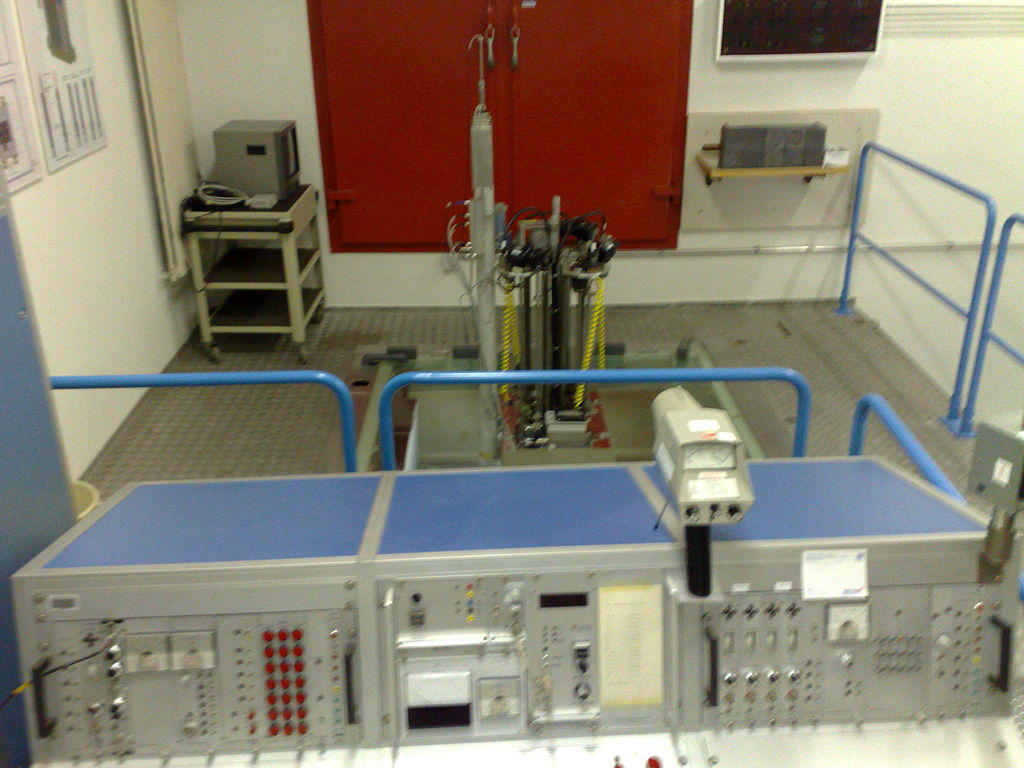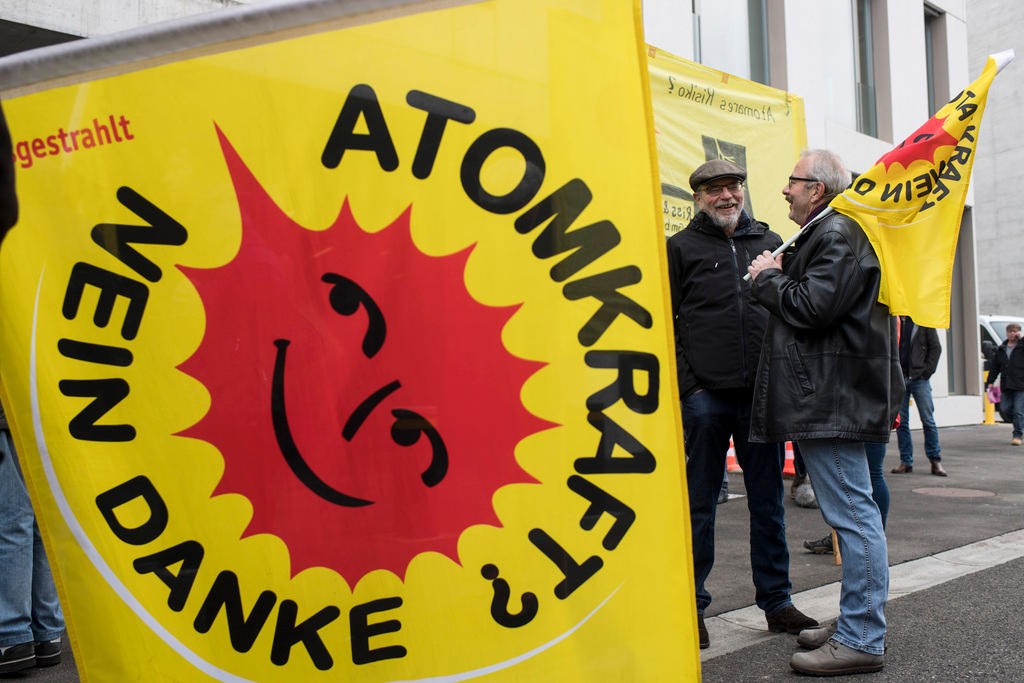
Switzerland’s oldest nuclear reactor to be decommissioned

A mini nuclear reactor at the University of Basel will be dismantled in 2020. The research and educational unit first came into operation in 1959.
On Wednesday, the Federal Nuclear Safety Inspectorate confirmed that the reactor would be dismantled. The Energy Ministry gave its approval last month. The research reactor was last operated on October 31, 2013. From 1959 to that date, it was used to train more than 1,000 physics and chemistry students in the application and manipulation of radioactivity. The request for its dismantling was submitted in February 2017.
The reactor is expected to be completely dismantled in 2020. For this operation, the Basel City government has set aside a sum of CHF 10 million (around $10 million).
Limited power
The power of AGN-211-P unit was only 2 kilowatts, which is the power required by an immersion heater used to heat water. The University of Basel purchased this reactor with the support of the federal government. It was originally based at Atomium of the Brussels World Fair in 1958.
The enriched uranium contained in the reactor was repatriated to the US in 2015. The thirteen fuel elements weighing 2.2 kg are now at the Savannah River Site, South Carolina. The operation was carried out as part of a programme of the National Nuclear Security Administration to collect enriched uranium previously transferred from the US to third countries.

More
Complaint filed against restart of world’s oldest nuclear reactor

In compliance with the JTI standards
More: SWI swissinfo.ch certified by the Journalism Trust Initiative






























You can find an overview of ongoing debates with our journalists here . Please join us!
If you want to start a conversation about a topic raised in this article or want to report factual errors, email us at english@swissinfo.ch.